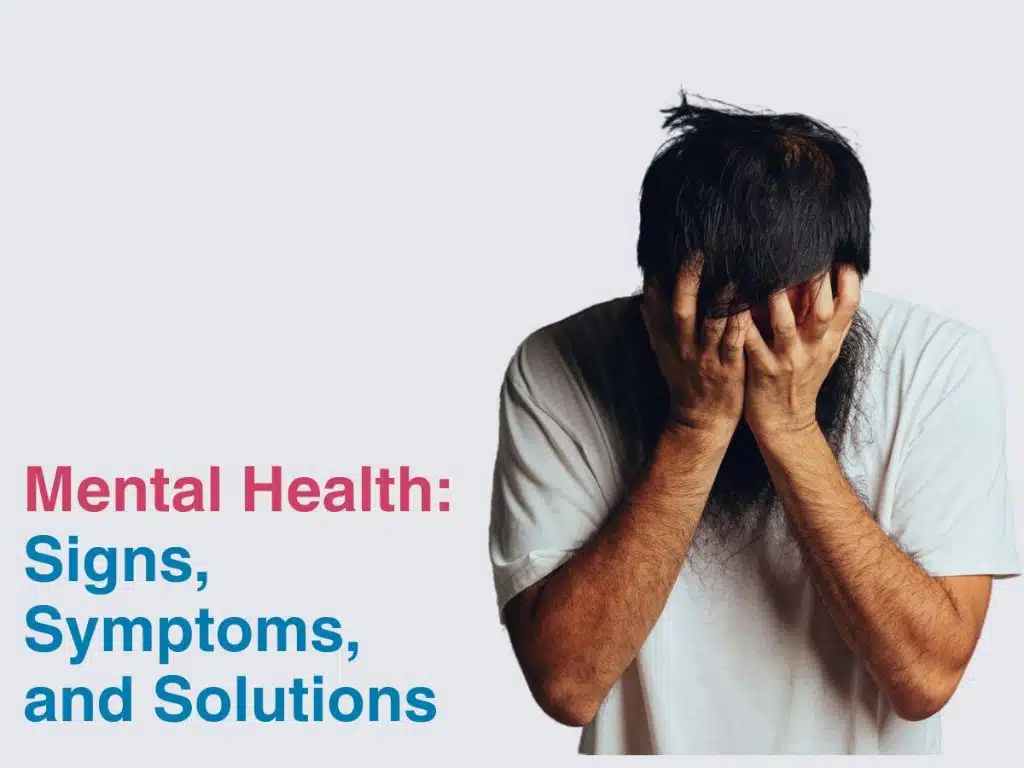
Maintaining good health requires a combination of balanced nutrition, regular physical activity, and proper self-care. Eating a diet rich in fruits, vegetables, whole grains, and lean proteins helps provide essential nutrients for overall well-being. Staying hydrated by drinking plenty of water supports digestion and energy levels. Engaging in regular exercise, such as walking, jogging, or strength training, boosts cardiovascular health and keeps the body strong. Adequate sleep is crucial for mental and physical recovery, while managing stress through meditation, deep breathing, or hobbies improves emotional well-being. Avoiding harmful habits like smoking and excessive alcohol consumption further promotes a healthier lifestyle. Lastly, routine medical check-ups help in early detection of potential health issues, ensuring a long and active life.
Eating a healthy diet is essential for maintaining overall well-being and preventing diseases. A balanced diet includes a variety of nutrient-rich foods such as fruits, vegetables, whole grains, lean proteins, and healthy fats. These foods provide essential vitamins, minerals, and antioxidants that support immune function, improve digestion, and boost energy levels. Reducing the intake of processed foods, sugary drinks, and excessive salt or unhealthy fats can help lower the risk of obesity, diabetes, and heart disease. Staying hydrated by drinking plenty of water also plays a vital role in digestion and overall health. Making mindful food choices and maintaining portion control can lead to a healthier and more active lifestyle.
Consuming less salt and sugar is crucial for maintaining good health and reducing the risk of chronic diseases. High salt intake can lead to high blood pressure, increasing the chances of heart disease and stroke, while excessive sugar consumption is linked to obesity, diabetes, and dental problems. To lower salt intake, it is best to avoid processed and fast foods, use herbs and spices for flavoring, and check food labels for sodium content. Reducing sugar intake can be achieved by cutting back on sugary beverages, desserts, and processed snacks, and opting for natural sweeteners like fruits. Making these small but effective changes can lead to a healthier lifestyle and improved long-term well-being.
Reducing the intake of harmful fats is essential for maintaining heart health and overall well-being. Trans fats and saturated fats, commonly found in fried foods, processed snacks, and fatty meats, can raise bad cholesterol (LDL) levels and increase the risk of heart disease and stroke. Instead, opting for healthy fats like those found in nuts, seeds, avocados, and olive oil can support brain function and heart health. Cooking methods such as grilling, steaming, or baking instead of frying can also help lower unhealthy fat consumption. Reading food labels and choosing products with minimal saturated and trans fats can make a significant difference in promoting a healthier lifestyle.
Avoiding smoking is one of the most important steps toward maintaining good health and preventing serious diseases. Smoking harms nearly every organ in the body and is a leading cause of lung cancer, heart disease, stroke, and respiratory illnesses. It also weakens the immune system and accelerates aging, leading to premature wrinkles and other health complications. Quitting smoking improves lung function, enhances circulation, and significantly lowers the risk of life-threatening conditions. Additionally, avoiding secondhand smoke protects both you and those around you from its harmful effects. Making the decision to quit smoking or never starting in the first place leads to a longer, healthier, and more active life.
Staying active is essential for maintaining overall health and well-being. Regular physical activity strengthens the heart, improves circulation, and helps control weight by burning calories. It also boosts energy levels, reduces stress, and enhances mental health by releasing endorphins, the body’s natural mood lifters. Engaging in activities such as walking, jogging, cycling, or strength training can improve muscle strength and flexibility, reducing the risk of injuries and chronic diseases like diabetes and heart disease. Even simple habits like taking the stairs instead of the elevator or stretching during breaks can make a difference. Making exercise a part of daily life leads to a healthier, happier, and more active lifestyle.
Checking your blood pressure regularly is important for maintaining good health and preventing serious conditions like heart disease, stroke, and kidney problems. High blood pressure, also known as hypertension, often has no noticeable symptoms, making regular monitoring essential for early detection and management. Home blood pressure monitors and routine check-ups with a doctor can help track changes and identify potential risks. Maintaining a healthy lifestyle by eating a balanced diet, exercising regularly, reducing salt intake, and managing stress can help keep blood pressure at a healthy level. Early detection and proper management of blood pressure contribute to a longer, healthier life.
Following traffic laws is essential for ensuring safety on the road and preventing accidents. Obeying speed limits, wearing seat belts, using turn signals, and respecting traffic signals help protect both drivers and pedestrians. Avoiding dangerous behaviors such as drunk driving, texting while driving, or reckless overtaking reduces the risk of collisions and injuries. Motorcyclists and cyclists should wear helmets for added protection, while pedestrians should use crosswalks and follow signals. Adhering to traffic laws not only promotes personal safety but also creates a responsible and orderly road environment for everyone. By being cautious and respectful on the road, we can help reduce accidents and save lives.
Taking antibiotics only as prescribed is crucial for preventing antibiotic resistance and ensuring effective treatment of infections. Misusing antibiotics, such as taking them without a doctor’s prescription, skipping doses, or stopping treatment too early, can allow bacteria to survive and become resistant to medications. This makes infections harder to treat in the future and increases the risk of severe health complications. It is important to follow the prescribed dosage, complete the full course of treatment, and never share antibiotics with others. Additionally, antibiotics should only be used for bacterial infections, not viral illnesses like colds or the flu. Responsible antibiotic use helps protect both individual health and public safety.
Cleaning your hands properly is one of the most effective ways to prevent the spread of germs, bacteria, and viruses. Regular handwashing with soap and water helps remove dirt, harmful microorganisms, and other contaminants from your hands. It’s important to wash your hands for at least 20 seconds, scrubbing all parts of your hands, including the back of your hands, between your fingers, and under your nails. When soap and water are not available, using hand sanitizer with at least 60% alcohol can be a good alternative. Proper hand hygiene is especially important before eating, after using the restroom, and after touching public surfaces. By washing your hands regularly, you can reduce the likelihood of getting sick and prevent the spread of infections to others.
health tips :
Having regular check-ups is essential for maintaining good health and catching potential issues early. Routine visits to your healthcare provider allow for early detection of conditions that may not show obvious symptoms, such as high blood pressure, diabetes, or certain types of cancer. During these check-ups, your doctor can monitor key health indicators, update vaccinations, and provide personalized advice on nutrition, exercise, and mental health. Regular screenings and tests, such as blood work or screenings for specific diseases, help ensure that any health concerns are addressed promptly. Staying proactive about your health through regular check-ups can lead to a longer, healthier life and help manage any health issues before they become more serious.



 DailyMediCure
DailyMediCure 











